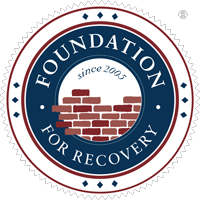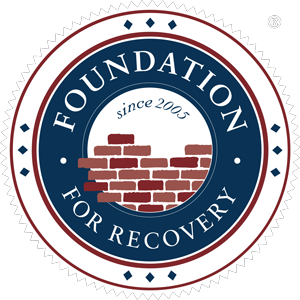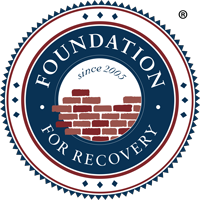[et_pb_section bb_built=”1″][et_pb_row][et_pb_column type=”4_4″][et_pb_text _builder_version=”3.11.1″]
Introductions of Attendees:
In attendance: Lynn Baumann, Trey Delap, Dona Dmitrovik, Shannon Egan, Heidi Gustafson, Reade Hulburd, Chelsey Mony, Jacqui Reyes, Stuart Smith Jeanyne Ward, Becky Willard
Review of Northern NPLAC notes:
4 priorities noted
Priority #4, Medicaid eligibility
Since the original strategic plan established, Nevada Medicaid has adopted the “Rehab” model which is currently allowing for provider types 14 & 17 to bill Medicaid.
All other priorities in this North’s list are appropriate to South too
New Priorities in conjunction with North
Expansion of NPLAC through;
More representation from around the state to include rural and frontier
More representation from the Native American community
Discussion on Medicaid enrollment, eligibility, and utilization in certain populations.
Sub-bullet of #3 – leadership
Look at the leadership quality rather than quantity
Widen focus to include professional issues as well as;
Cultural
Rural/frontier
New Priority (#5) – Expansion of NPLAC
Geographic diversity
Cultural specific support
i.e. Native American
Embrace more pathways to recovery
Priorities for South
Workforce Development
Statewide job board:
Looking for peers to employ.
Peers to place their resume & look for job.
Newsletter or communications strategy.
Stories re: coach profiles (social media focus)
Ideas for different pathways to recovery
Engaging more peers
Statewide inventory of training available
All variations of base training existing in state
What add-on or work force growth trainings are available to coaches?
CEU, advanced peer certification
Specialty Modules for certain groups.
Develop a clearing house of training and add-on training for state of Nevada
Variety of disease management receiving peer-like services with cross pollination, service integration and overlap.
Campaign (education) about peer recovery services
Many people do not understand what peer recovery services are all about.
Coordinated and clear statewide message on the value of peers and how they improve outcomes.
Peer Services:
Peer 101 – basic training for public, policy makers and others
Communicate with other stakeholders beyond treatment and behavioral health
Provide clearinghouse for recovery support tools beyond 1-1 in-person coaching
Tele-support/tele-health, text messaging, using technology in peer services.
Find partnership connection/opportunities with frontier and rural ATTC (like Project ECHO and NFAR, addiction treatment are doing)
Identify key contact in state government to coordinate peer services with.
Have state office responsible for recovery advocacy within state government
“Office of Recovery” akin to the “Office of Suicide Prevention”
Increase representation, voice and advocacy on state boards committee on anything related to peer services.
Leadership Development
NPLAC be expanded and grown as a peer-lead organization
Need to have financing and sustainability for NPLAC.
Task one for NPLAC workgroup.
Connect with other statewide consumer driven and directed peer recovery groups
Find collaboration and partnerships opportunities with all peer-like organizations
Peer leadership council should NOT be a sub-committee of non-peer board(s)
NPLAC’s leadership capacity is affected by where it is located.
NPLAC is a resource for the state in considering public grants etc.
Medicaid Eligibility:
Get state to reconsider rehab option and replace with1915i Home and Community Based Services option or waiver, self-directed initiatives in which the individual controls their behavioral healthcare budget, and/or the adoption of managed care initiatives for those who are dually eligible for Medicaid and Medicare.
Form a specialized work group to focus just on reimbursement for peer services.
Recovery connections with Community Center Behavioral Health Clinics (CCBHC’s)
NPLAC Organizational Development
Consider focused workgroups on important topics relating to NPLAC organizational structure and peer services for example;
Grants
Memberships
Events
Services
Accreditations
Certifications
Geographic
Cultural
Recovery Pathways
TOP 5 PRIORITIES IN NEXT 12 MONTHS (May 2017 to May 2018) with existing resources and funding
NPLAC statewide strategic planning meeting
Affirm the current members roles, responsibilities, and willingness.
Expand audience and reach previous members but also broader peer coach and consumer (i.e connect with Nevada Recovery Network and others)
Social reengagement
Reengage peers, identify engagement opportunities.
Celebrate peer recovery
Engagement of all things “peer-ness”.
By-laws review.
Trey volunteered to help review bylaws (note, Trey is an ad hoc member, clarifying roles is important.)
Create a sustainability/long term funding task force
Identify short and long term funding needs for NPLAC
Appoint work groups for credentialing, accreditation, curriculum and standards and practices
Create work group to develop Public Education Campaign. “peer recovery 101”
Include basic policy, history in state, “recovery for dummies”
Ensure that Veterans have a seat in this work group
Possible Time Line: May 2017 – May 2018
Statewide NPLAC meeting with North and South Strategic plan — discuss — implement.
NPLAC Membership nailed down – who is and who isn’t interested. (fix the by-laws to shore this up).
JUNE 2017 – See what is left of the state post legislature.
JUNE – DECEMBER 2017 –
Shore up bylaws, membership, breakout groups.
Initial reports from workgroups:
Standing workgroups include:
Policy, Bylaws, Strategic partnerships
Standards and Practices: Include training programs, CAPRSS, IC&RC, from this will stem the accreditation/certification programs.
Sustainability = money, for NPLAC, and for Peers working in the community. Grants, Medicaid, other insurance, waivers, funding for peer driven services (supportive services like bus passes, educational grants for job training, ID’s, bail, yoga, etc.)
Marketing, Events,
Others (maybe ad hoc committees for special purposes).
NPLAC – “retreat” – funding for a two – one day minimum meeting(s) of the entire group (not necessary all of the workgroup members), should develop the habit of meeting in person at least 2 times a year (north/south or Rural.)
Following workgroup initial meetings, identify top 3-5 priorities to begin working on January 2018 – June 2018
Work, work, work,
Tune up as needed.
February 2019 – next legislative session. At the last in person meeting of NPLAC in 2018, policy priorities should be identified.
Plan a PEER RECOVERY DAY in CARSON CITY sometime between February – May, 2019.
[/et_pb_text][et_pb_button _builder_version=”3.11.1″ button_text=”Download PDF” button_url=”forrecovery.org/wp-content/uploads/meeting_notes/Nevada Peer Leadership Advisory Committee Southern and Rural Nevada Strategic Planning Session Meeting April 7, 2017.pdf” url_new_window=”on” /][/et_pb_column][/et_pb_row][/et_pb_section]










